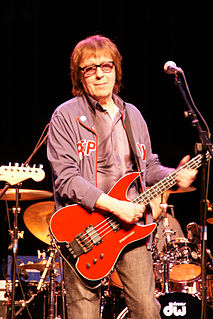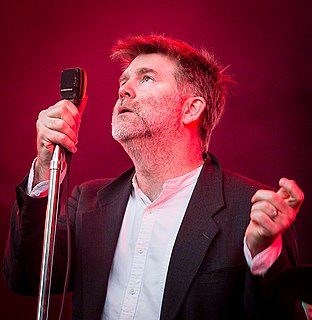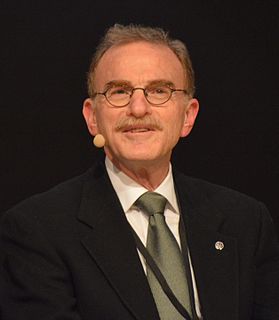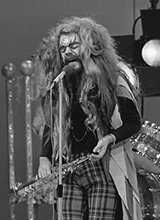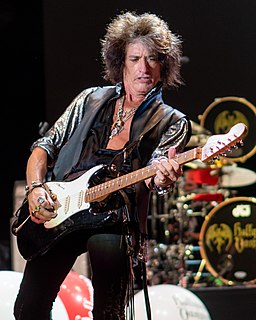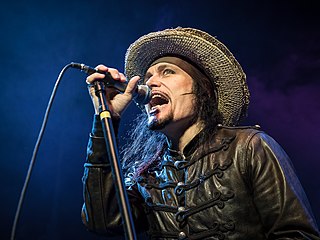A Quote by Brian Eno
I wanted to use the studio like a microscope for sound, which is what good engineers do.
Related Quotes
There's a lot of discussion about whether you should be a good live band or a good studio band. I think you can use the studio to make a great "studio record" and not necessarily have to reproduce exactly that on stage, but still be a great "live band." Having said that, if what you're going for is just the raw capture of your live sound, then that's cool, too - go for it! I enjoy working in the studio, though, and while I try to get near to an approximation of what's going on onstage, it's not my first priority usually.
I don't use any real vintage hardware any longer. That's always been the object as far as gaining control of the studio environment, going back to when I built my first studio, Secret Sound, in New York City. The whole point was to not have to pay studio bills anymore and not be looking at the clock.
European films had art. And it was easy to make a European film. They didn't come from the studio system, they weren't shot in sound studios, and that's a good thing, because in the studio system those movies would never have had a chance. And since we were coming from Europe, it was natural for us to use that simple style. Small budgets, less equipment, that was just how it was.
You might be able to get a certain sound, and in the studio you certainly look at things under a microscope a lot more. You might hear more warmth out of a thicker string gauge. But in the practical world, like with us, we're playing An Evening With... so it's three hours of music, and our music is pretty challenging as far as the technical aspect. And I found after awhile that I was killing myself.

